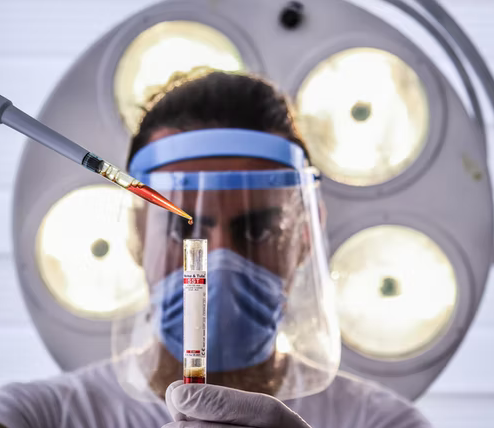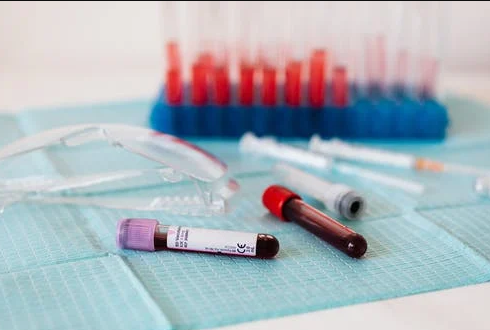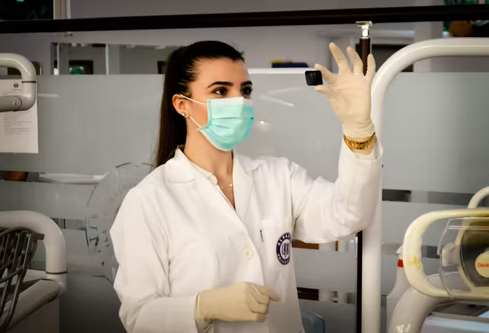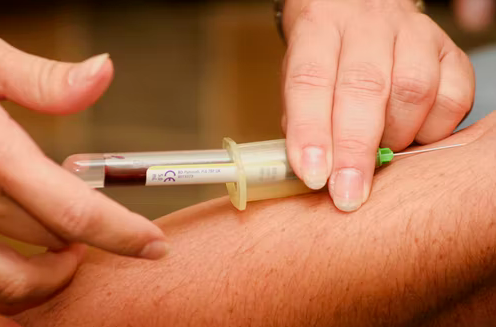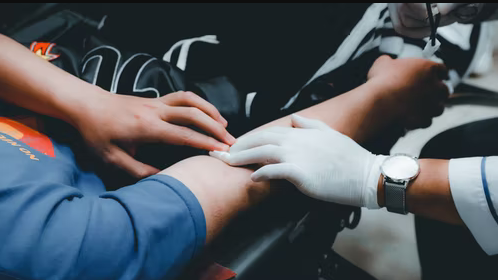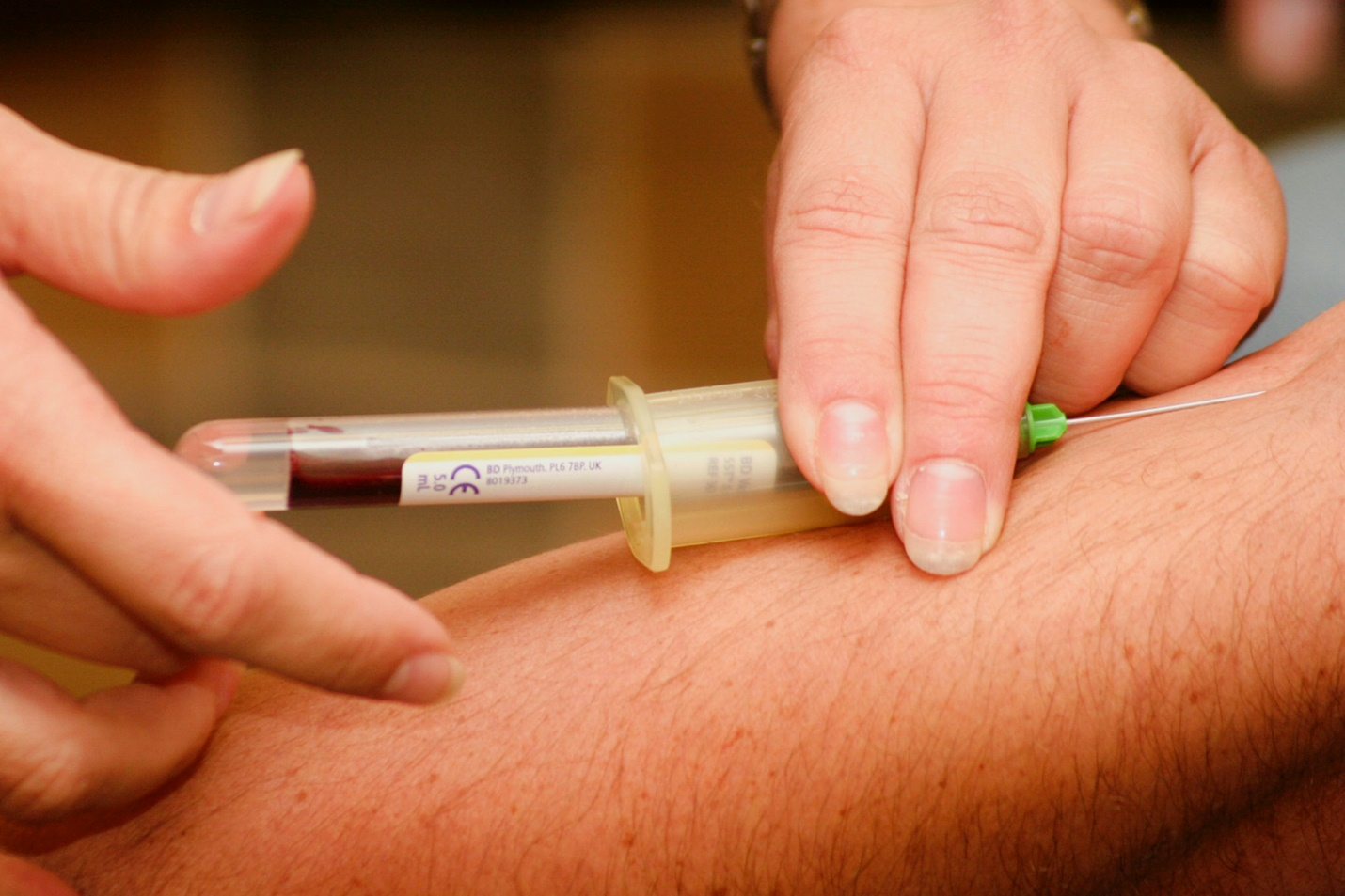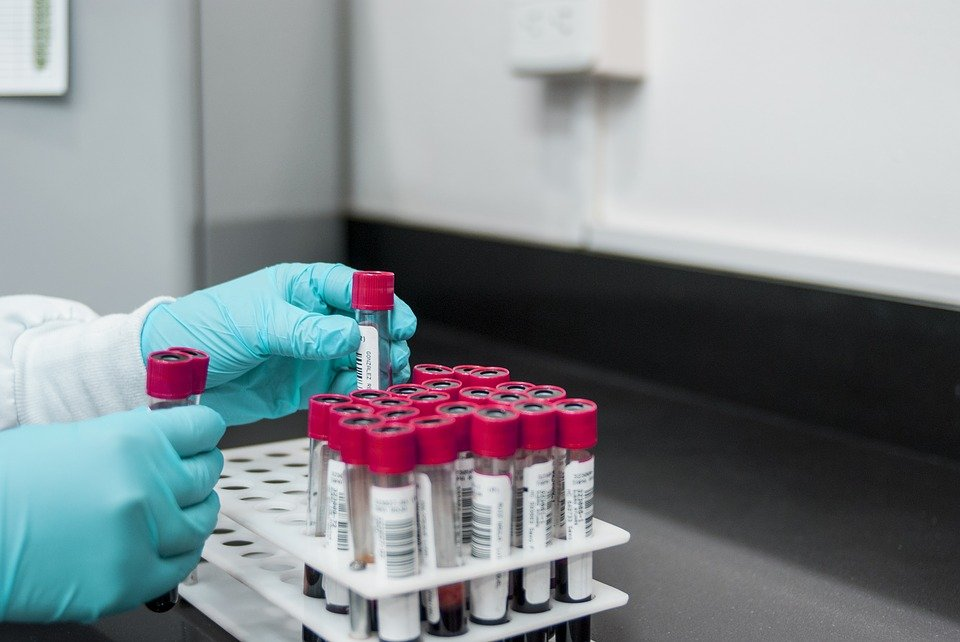March 28, 2022
Hemolysis: Signs, Causes, Treatment And Prevention
Erythrocytes, or red blood cells (RBCs), are one of the essential elements of blood. They assist in carrying oxygen from and to the lungs and have the form of a mildly indented, flattened disc. A healthy red blood cell lives for around four months on average. Hemolysis is the mechanism through which the body eliminates worn-out or damaged red blood cells in the spleen and other regions of the body. Red blood cells are normally replaced fast by the body,




